Employee Relations: Examples + 10 Strategy Tips
AIHR
JUNE 23, 2023
Employee relations are about reinforcing the ties between the employer and employees and making the company a better place to work. Let’s take a look at examples of employee relations and what it takes to do it well! Contents What is employee relations?

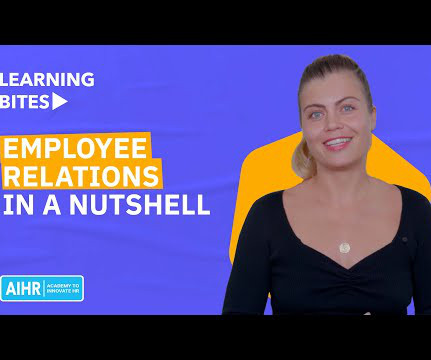
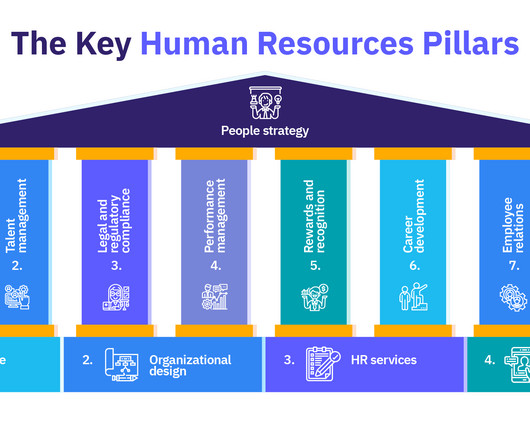
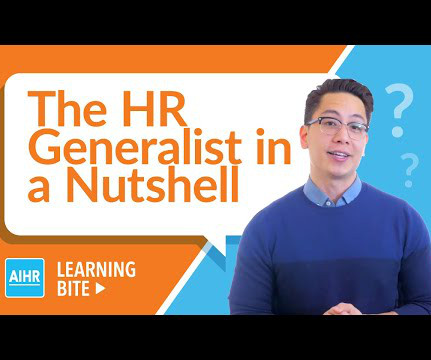


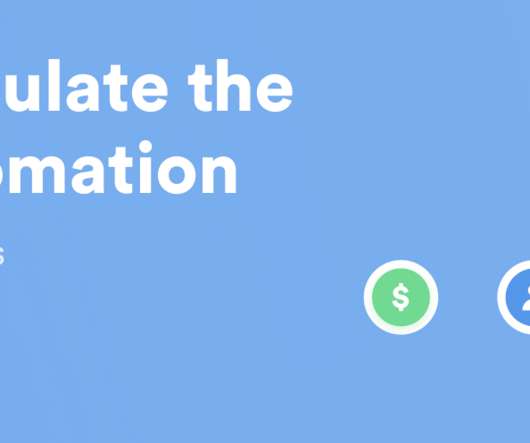
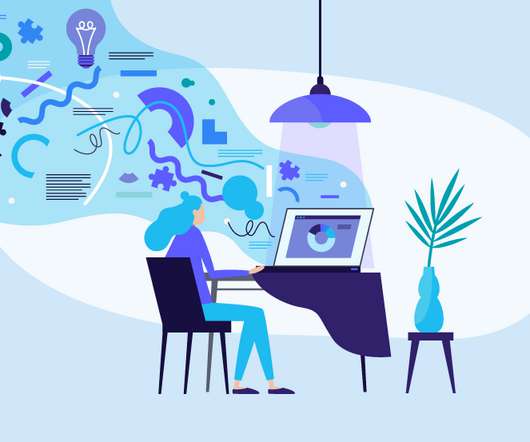
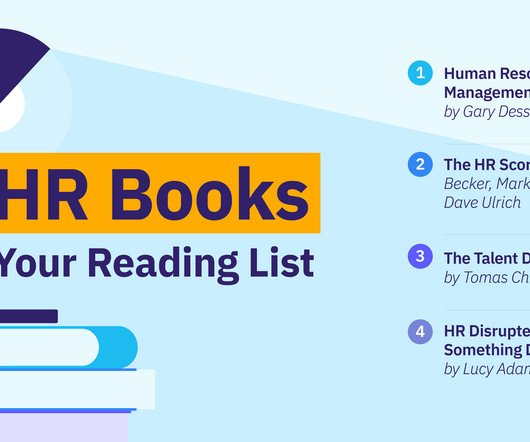
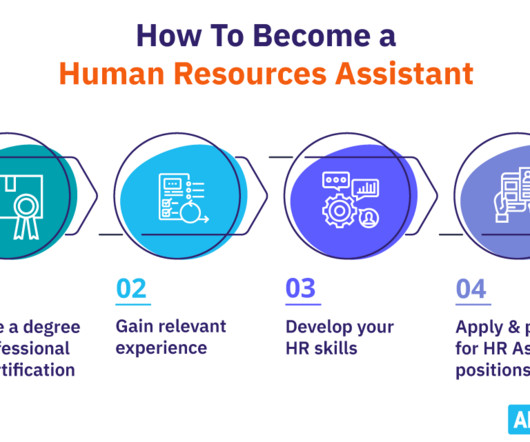
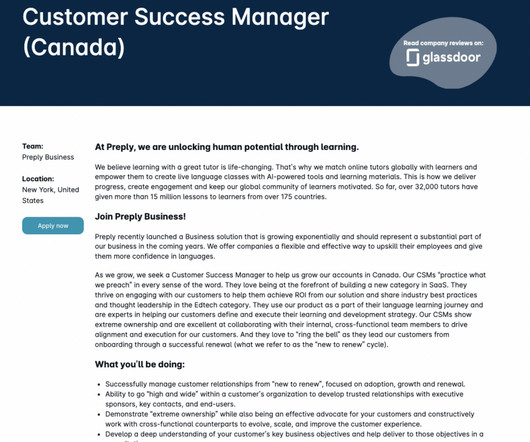
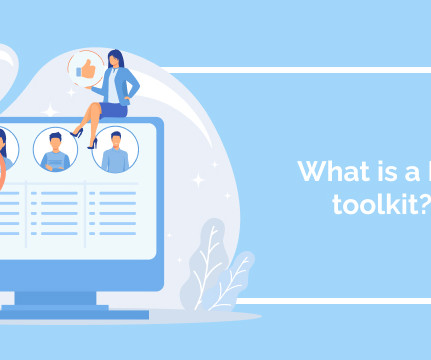







Let's personalize your content